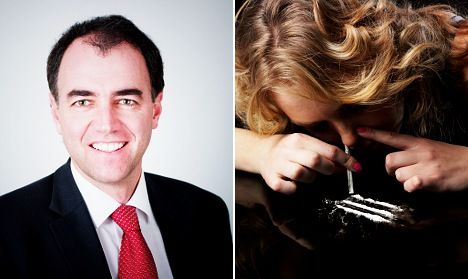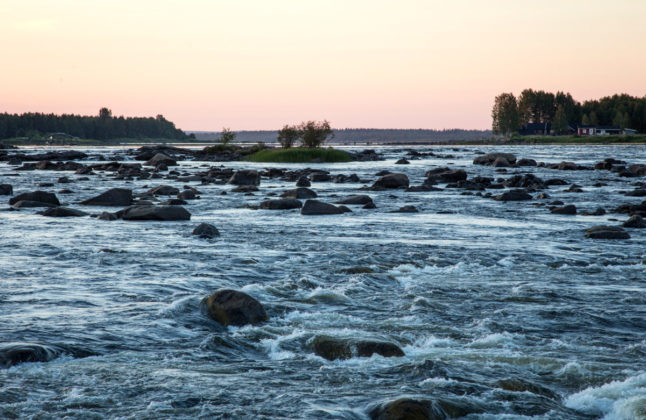Last week the legal committee of the upper house, the Council of States, voted in favour of changing the law to make it easier for gay and lesbian couples to adopt. At the moment a single person can adopt regardless of sexual orientation, but single-sex couples cannot adopt nor can one partner adopt the other’s biological child.
Christophe Darbellay, head of the center-right Christian Democrats (CVP) is deeply opposed to any change in the legislation governing adoption. He said he didn’t see why the law should be extended to include gay couples.
“I wouldn’t suddenly legalize cocaine just because half a million people consume it,” he said to Le Temps newspaper last Friday.
His comments have caused uproar. The Association for Rainbow Families said that it was “insulting” that Darbellay would “compare same-sex parents with cocaine addicts.”
“His homophobia shocks us,” co-president Chatty Ecoffey told the 20 Minuten newspaper.
“Darbellay is comparing two things that are simply not comparable,” Barbara Lanthemann of the Swiss lesbian organization LOS told the paper.
Darbellay on Monday defended his statement. “I didn’t want to insult anyone. I simply wanted to say that just because something exists, does not mean that it has to be legalized,” he told 20 Minuten.
The Council of States commission said last week that adults should be able to adopt regardless of their marital status or sexuality, as long as that was the best solution for the child.
The commission said that it was recognizing the reality that many so-called rainbow families already provided a stable family environment.
A change in the law would require the approval of both the Council of States and the larger lower house, the National Council, which has already rejected a petition demanding equal adoption rights for gay and lesbian couples.



 Please whitelist us to continue reading.
Please whitelist us to continue reading.
Member comments